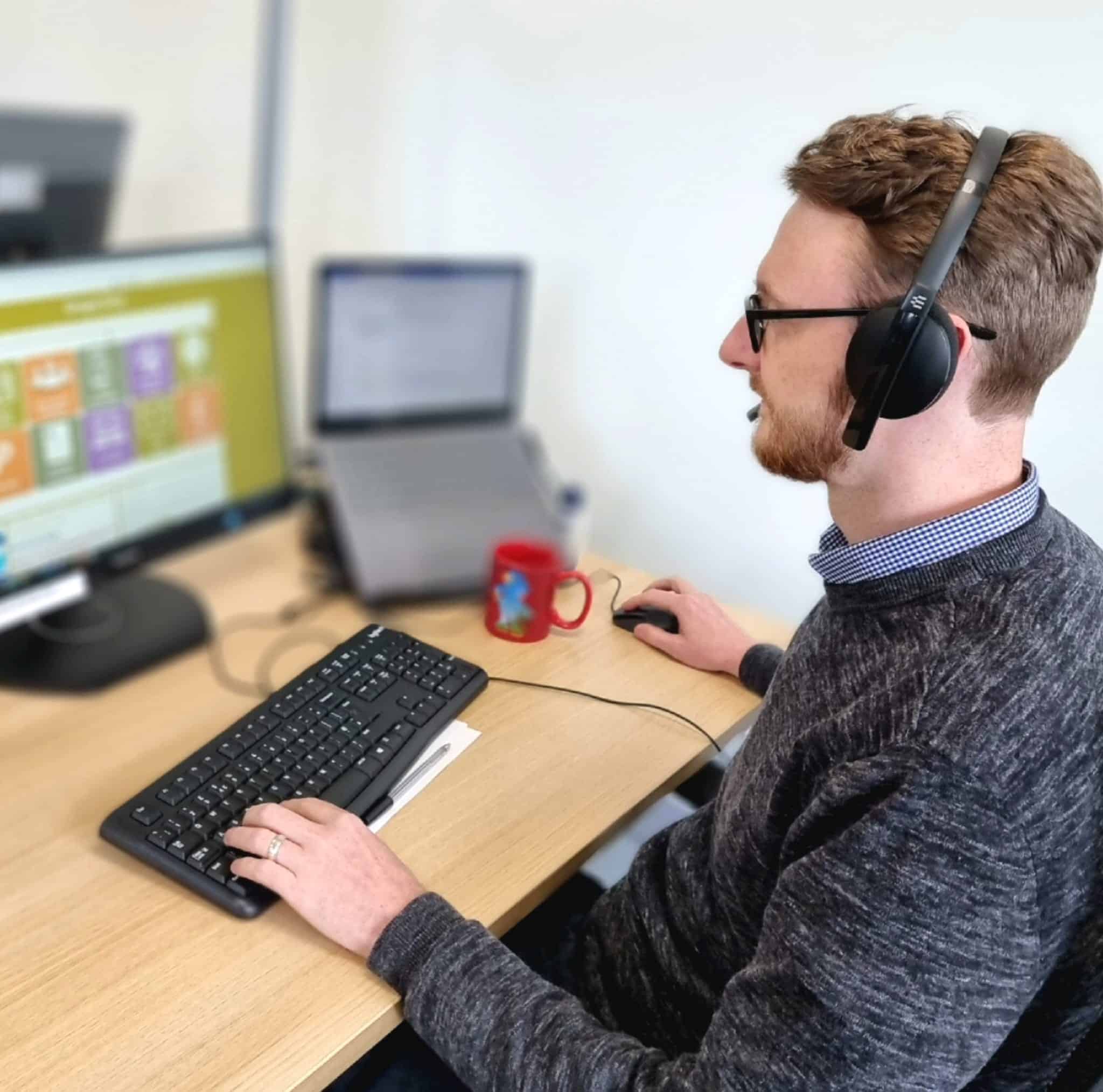Six-month telecare pilot leads to staggering 75 percent reduction in ambulance requests

A telecare trial by a Scottish housing and care provider has revealed “astonishing” results about the impact of proactive technology-enabled care (TEC) for older adults.
Bield Housing and Care’s digital alarm monitoring team, Bield Response 24 (BR24), revealed a 75 percent decrease in ambulance calls and a 68 percent reduction in A&E visits as a direct result of early intervention and preventative support methods.
These took the form of regular outgoing calls to individuals’ homes to maintain or improve their health and wellbeing and anticipate and prevent crises.
Clients in the Renfrewshire area were screened to take part in the ‘Inspire Phase 2’ project and split into two groups: those who were new to TEC and those who were recent hospital discharges.
From those groups, 45 individuals opted for interventions via proactive telecare in the form of weekly calls (the intervention group) and 20 did not. The latter created a monitored control group, allowing for a direct measurement of the intervention impact.
The trial established that regular communication with users in the intervention group resulted in a decrease in action required across the board. Key statistics included a 72 percent decrease in alarm use, a 57 percent decrease in physical response required, a 90.9 percent reduction in family response required, and a 60 percent reduction in funder response required.
Gary Baillie, BR24 Service Manager, said: “The project has shown a clear need for earlier intervention to improve the lives of older adults and help them live safely in their own homes for longer.
“The figures have highlighted that intervention support, whether that is through calls, monitoring trends or helping to create connections within the local community, has worked incredibly well and is vital to help reduce the pressures on public services.
“One customer taking part in the trial went from being completely house-bound to a regular gym-goer in a matter of months thanks to regular catch-up calls from the Inspire Phase 2 team to support her.”
The monitored control group, who were eligible for the weekly telephone calls but opted against them, saw a 26 percent increase in reactive calls to BR24, a 32 percent increase in physical assistance required, and a 43 percent increase in responder call outs. In addition, there was a 32 percent increase in ambulance calls and a 66 percent increase in A&E visits.
Working closely with TEC Scotland and Renfrewshire Council, the Inspire Phase 2 project team analysed the intervention group and their alarm activity before, during, and after the trial. They compared the data collected with that of the control group over the same time period.
Gary added: “Proactive telecare plays a vital role in empowering individuals to ensure they have the correct support in place to live the life they want without constraints or a heavy dependence on social work or public services.
“Proactive telecare can ultimately improve physical, mental, and social wellbeing and is an adaptable service that can be altered to suit each individual’s needs.
“The outcomes from this trial are astonishing yet there is still so much to build on – and at Bield, we’re committed to doing this.”
Inspire Phase 2 follows on from Phase 1, which saw 50 clients using the BR24 service in both Midlothian and Inverclyde called every week for up to 45 minutes to proactively identify issues before they became emergencies.
BR24 currently monitor over 17,000 individuals across Scotland via analogue and digital dispersed alarm units and warden call systems, 4,500 communal alarms (including fire panels and main doors), and an additional 27,000 properties for emergency repairs. The service is also provided to 38 external housing association partners.
In 2022, the TEC sector worked with the NHS to develop an urgent community response (UCR) tool that improves responsiveness to patients and eases pressure on ambulance services.
The UCR decision-making support tool helps the call handler to determine the level of risk. If the risk is high, then calling an ambulance is the most appropriate action, but for other levels of risk, they can refer the individual to the UCR team.

